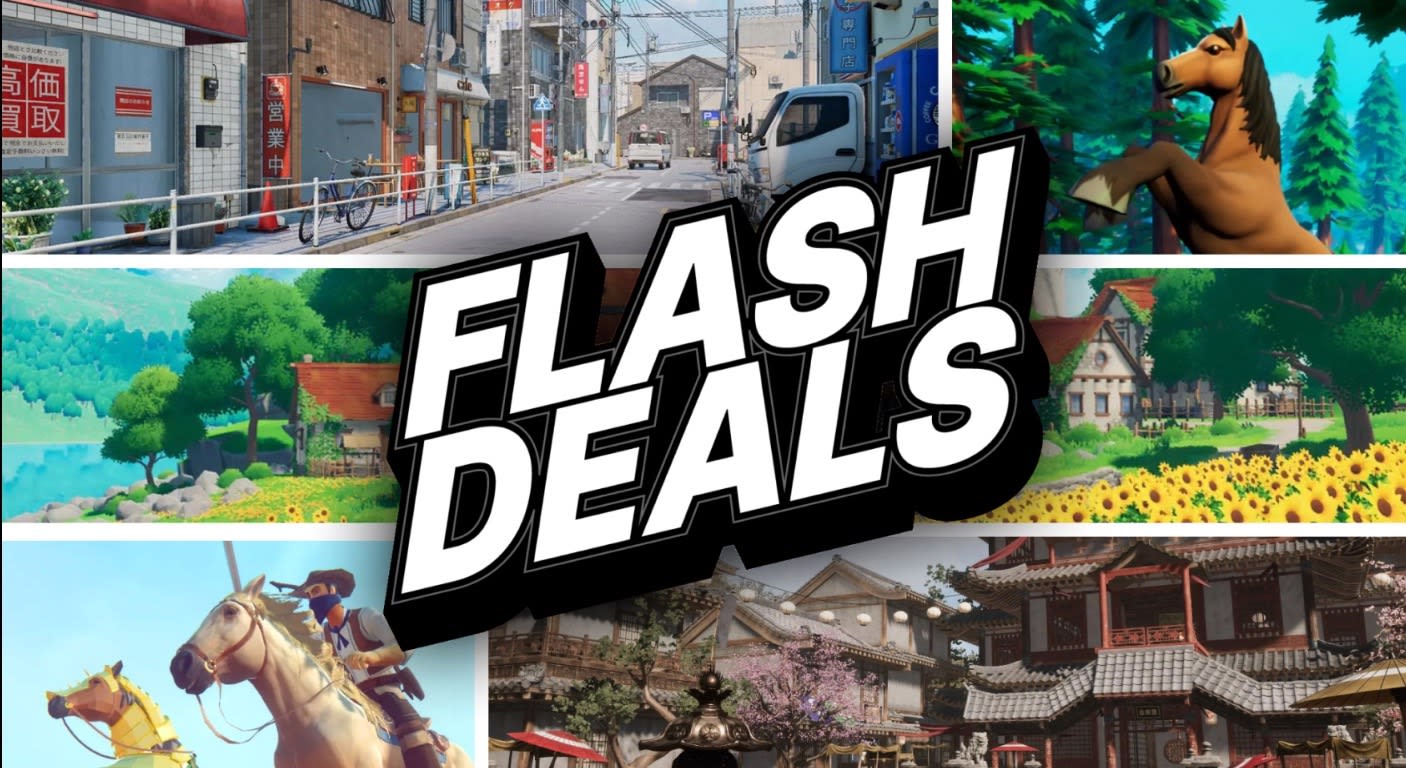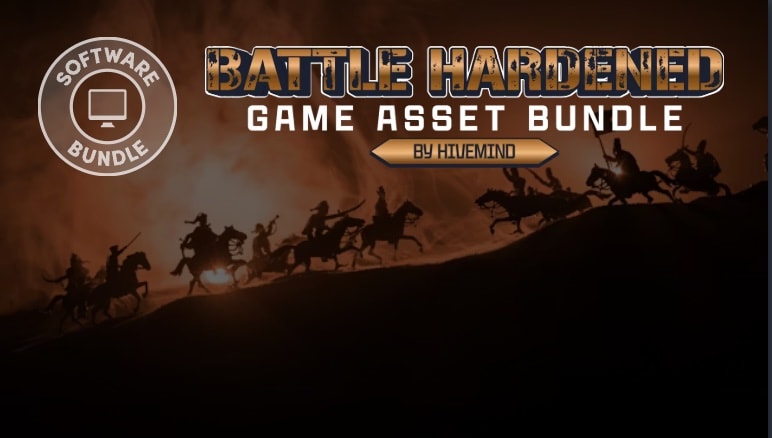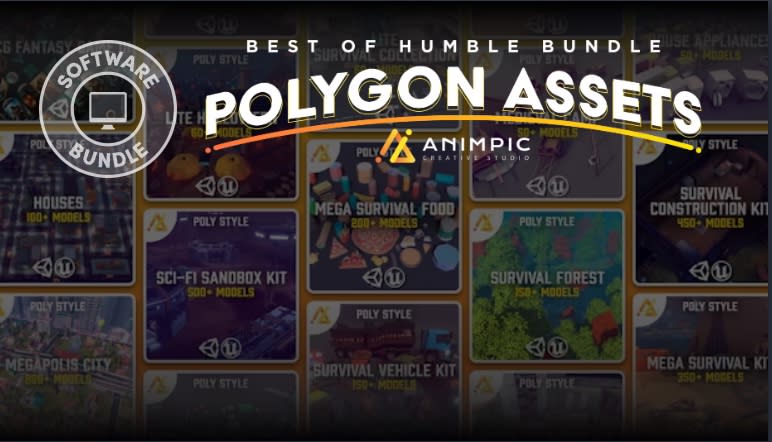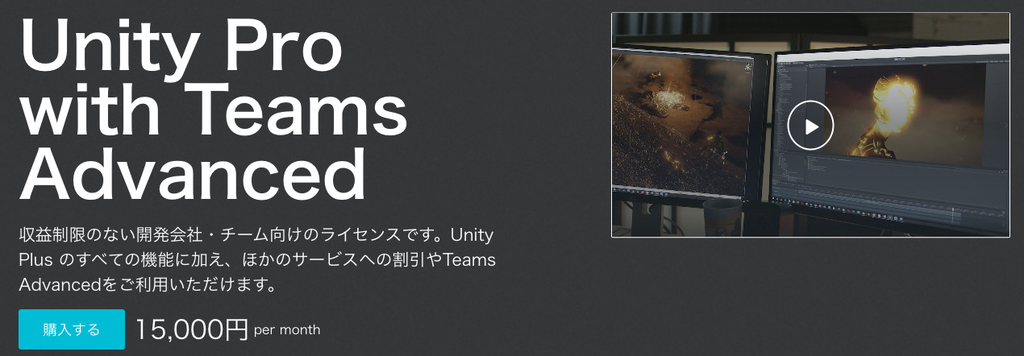
Website (demo, documentation...)
Unity Forum Thread (support, discussion...)
Make spiffy looking planets on a budget!
This package allows you to build random spherical textures including surface height maps for colouring based on a gradient, land normal maps, cloud alpha maps and cloud normal maps.
Texture maps can be saved for reuse, allowing for all other parameters to be randomised, including land and sea colour gradients, cloud and atmosphere colours, enabling of sea and atmosphere, sea levels, atmosphere intensity and cloud density. I'll let you in on a little secret; all the demo images here use the same textures, only shader parameters and colour gradients have been changed.
Also included are shaders that provide real-time adjustable sea level, atmosphere effects, roughness and the usual gubbins such as specular and smoothness. Hey, maybe you want a shiny metal Uranus, I dunno.
The LibNoise library has been expanded with support for asynchronous texture rendering to prevent your game stalling when generating them pesky big textures.
Included in this pack:
Components:
- Planet Builder component to manage the random generation of land, sea and clouds including height maps, colours, and visibility of such as clouds, sea and atmosphere
- Land Builder component to customise and generate land textures against an object and then save them to disk
- Cloud Builder component to do the same for cloud textures
- Gradient Builder component to customise or randomise gradients used for land and sea colouring
- Planet Spinner component to spin an object around an axis over a specified number of hours
Shaders:
- A planet surface shader that renders land, sea, and atmosphere with real-time adjustment
- A cloud shader
Additional:
- A modified version of LibNoise that can work asynchronously
- A high-resolution subdivided dodecahedron with well mapped UV
It doesn't end there; NEUP is incredibly flexible and fully extensible. See the API Documentation for more information.








